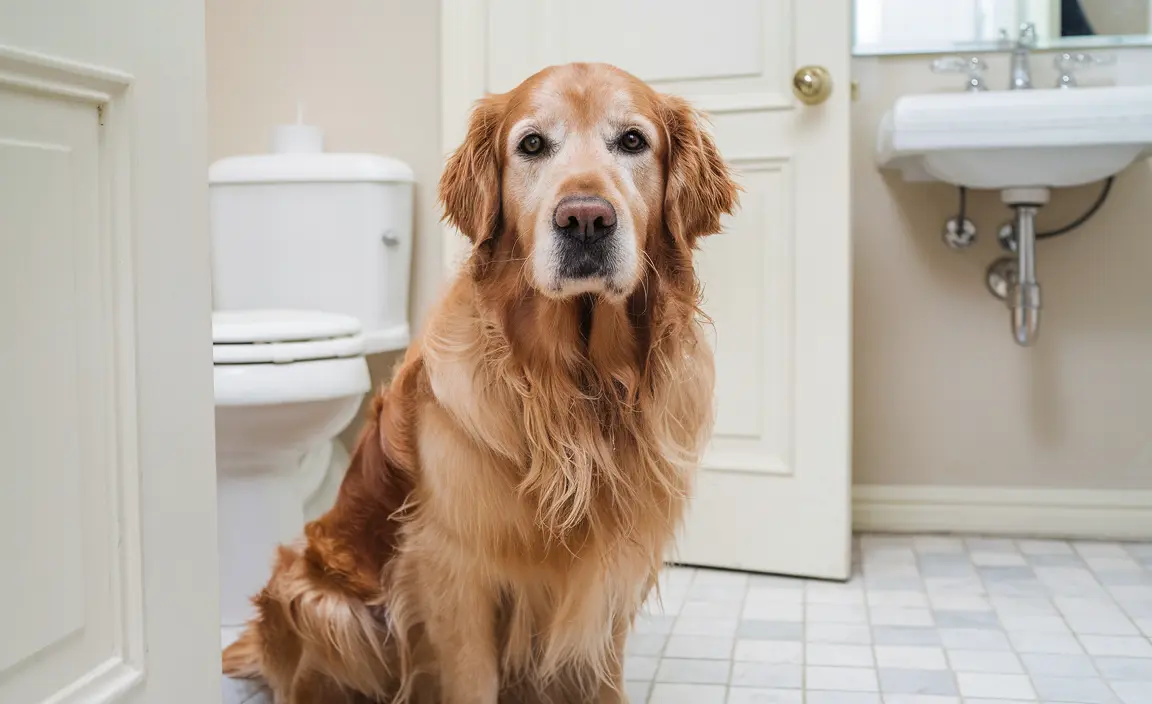Bathing your dog is an essential part of pet care, but finding the right frequency can be tricky. Many dog owners wonder about the perfect balance between keeping their furry friend clean and maintaining their skin and coat health. Understanding the nuanced approach to dog bathing can help you keep your pup fresh, comfortable, and healthy.
This comprehensive guide will walk you through everything you need to know about dog bathing frequency, helping you make informed decisions based on your dog's unique needs.
Can I Bathe My Dog Once a Week? Understanding the Basics
The short answer is: it depends. While bathing your dog once a week can be safe for some dogs, it's not a one-size-fits-all solution. Several crucial factors determine the ideal bathing frequency for your canine companion.
Factors Influencing Dog Bathing Frequency
- Breed Characteristics
Different dog breeds have vastly different coat types and skin sensitivities. For instance:
- Short-haired breeds might need less frequent bathing
- Long-haired or dense-coated dogs may require more specialized grooming
- Breeds with oily coats might need more regular cleaning
- Activity Level and Lifestyle
Your dog's daily activities play a significant role in bathing needs:
- Outdoor adventure dogs may need more frequent baths
- Indoor companion dogs can typically go longer between baths
- Dogs that regularly get muddy or dirty will require more frequent cleaning
The Risks of Over-Bathing
Bathing too frequently can cause several potential issues:
- Stripping natural oils from the skin
- Causing dryness and irritation
- Disrupting the skin's natural protective barrier
- Potentially increasing risk of skin infections
Recommended Bathing Guidelines for Different Dog Types
Short-Haired Dogs
For dogs with short, smooth coats, bathing every 4-6 weeks is typically sufficient. These dogs naturally have oils that protect their skin and coat, so frequent bathing isn't necessary.
Long-Haired or Double-Coated Dogs
Dogs with thick or long coats require a more nuanced approach:
- Limit baths to every 6-8 weeks
- Focus on regular brushing to remove dirt and distribute natural oils
- Use specialized grooming techniques to maintain coat health
When to Consider More Frequent Bathing
Special Circumstances
- Dogs with skin conditions
- Pets with allergies
- Dogs that get exceptionally dirty
- Recommended by a veterinarian for specific health reasons
Choosing the Right Bathing Products
When bathing your dog, always use:
- Veterinarian-approved dog shampoos
- Products matched to your dog's specific skin and coat type
- Gentle, pH-balanced formulations
- Avoid human shampoos, which can harm dog skin
Frequently Asked Questions
Can I bathe my dog once a week, and is it safe for their skin?
For most dogs, weekly bathing is not recommended. Unless specifically advised by a vet, stick to bathing every 4-6 weeks to protect your dog's natural skin oils.
How often should I bathe my dog based on their breed and coat type?
Bathing frequency varies:
- Short-haired dogs: Every 4-6 weeks
- Long-haired dogs: Every 6-8 weeks
- Dogs with skin conditions: As recommended by a veterinarian
What are the best practices for bathing a dog with a skin condition or allergy?
- Consult your veterinarian
- Use medicated shampoos
- Follow a specific bathing schedule recommended by a professional
- Monitor skin for any adverse reactions
How often should active dogs be bathed compared to less active dogs?
Active dogs might need more frequent baths, but focus on spot cleaning and thorough brushing when possible. Aim for bathing every 4-6 weeks, adjusting based on visible dirt and odor.
Can frequent dog bathing lead to skin problems, and what are the signs to watch for?
Signs of over-bathing include:
- Dry, flaky skin
- Increased itching
- Dull coat
- Skin irritation or redness
Conclusion
Determining the right bathing frequency for your dog requires careful consideration of breed, lifestyle, and individual health needs. While weekly baths aren't typically recommended, the key is to observe your dog's specific requirements and consult with your veterinarian for personalized advice.






